Amlitelimab Demonstrates Sustained Improvements in Atopic Dermatitis Signs and Symptoms
Dermatology Times
MARCH 21, 2024
Late-breaking data demonstrating the sustained improvements was presented at the American Academy of Dermatology Annual Meeting.
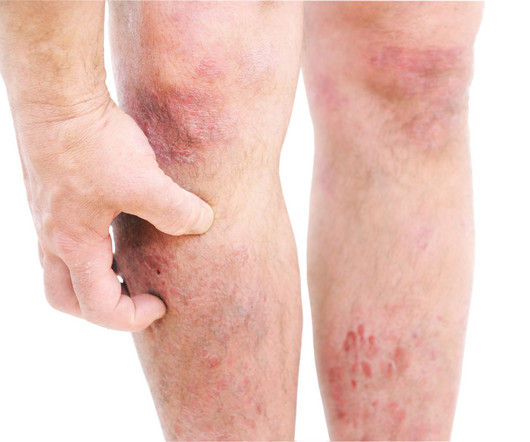
Dermatology Times
MARCH 21, 2024
Late-breaking data demonstrating the sustained improvements was presented at the American Academy of Dermatology Annual Meeting.
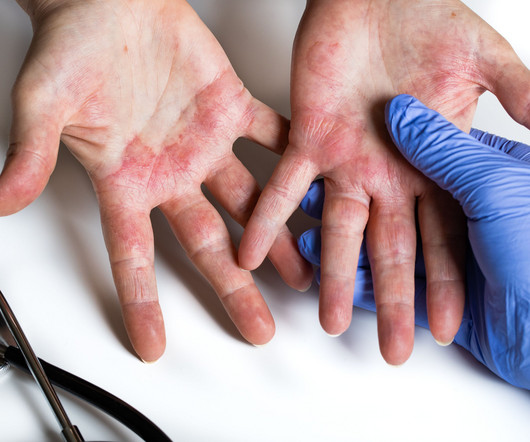
Dermatology Times
OCTOBER 20, 2023
Skin clearance, itch relief, and reduced severity of atopic dermatitis were sustained with monthly maintenance dosing.
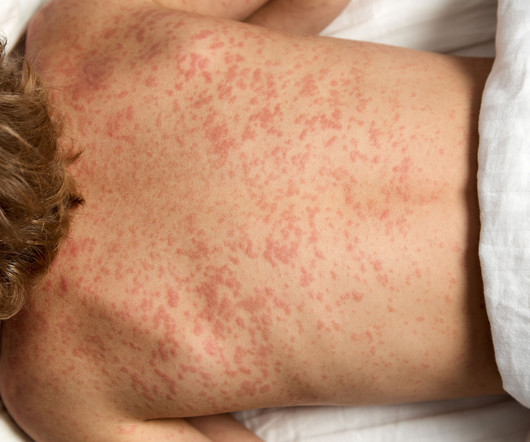
Dermatology Times
OCTOBER 11, 2023
The data presents compelling evidence for the sustained efficacy and safety of the oral JAK1 inhibitor in the treatment of moderate to severe atopic dermatitis over an extended 140-week period.
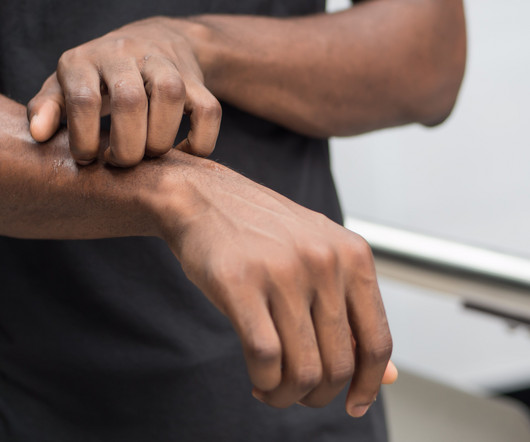
Dermatology Times
MAY 14, 2024
Researchers found that abrocitinib demonstrated rapid, sustained, and deep improvements in several important domains of itch-dominant AD.

Dermatology Times
APRIL 11, 2025
Jennifer Soung, MD, discusses how having more nonsteroidal options for long-term atopic dermatitis management is crucial, especially for younger children, to minimize potential side effects and support safer, sustained treatment.
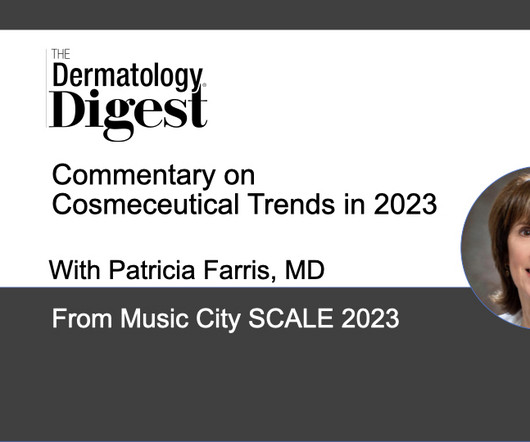
The Dermatology Digest
JULY 27, 2023
Patricia Farris discusses skincare industry trends, including consumer demand for “clean beauty,” sustainability, and resources for consumer and dermatologist ingredient education. There’s plenty of natural things that can cause irritant contact dermatitis. We as dermatologists know that this isn’t true.

Dermatology Times
MARCH 14, 2025
Karl Yen of Sanofi discussed the role of amlitelimab in AD following sustained results and a promising safety profile presented in data at AAD.
Let's personalize your content